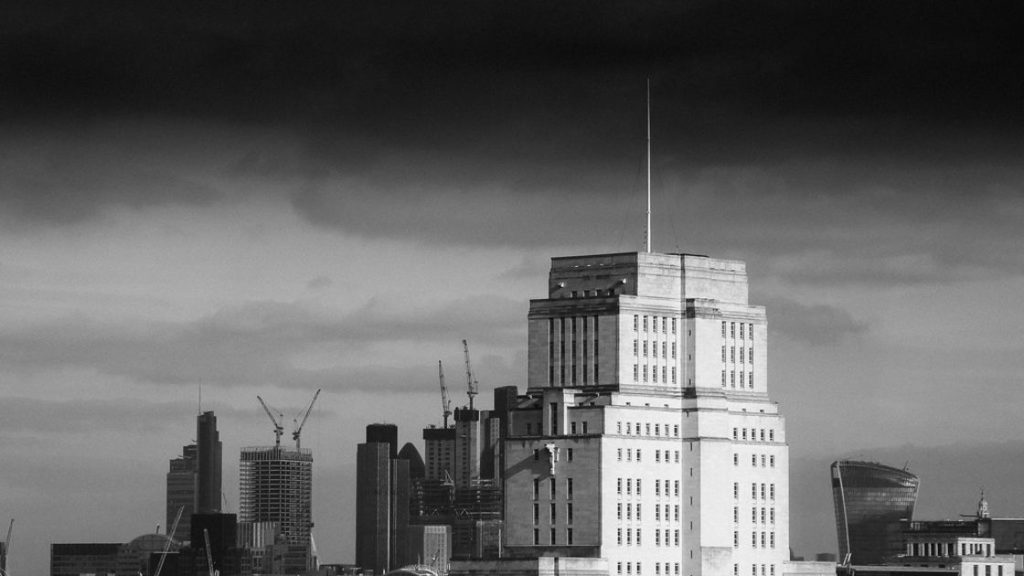
Wikipedia and the Ministry of Truth
There has been much attention in the press over a certain Wiki. The Wikileaks affair has raised questions over what counts as journalistic freedom, and what is simply sensationalism, revelation, or open-source espionage. I feel after such an expectant sentence, I should at least lay out my stall before I go on. I think the suppression of the website is outrageous, and gives America no leg to stand on when it turns round and tells China that it should allow greater journalistic freedom. I am inclined to agree with Clay Shirky’s post and position myself on the side of free speech with some reservation. I also think that just dumping a database of leaked documents online isn’t really journalism.
Traditionally great journalists have decided when to use a leak and when to hold, what is of interest and what will not only make mediocre news, but be detrimental for a more general interest. Now before I head down some mystic, quasi-rousseauian route of the free press as diviner of the general will, I will admit that maybe that leaves too much responsibility with the journalists to shape thought. We should all be allowed to discover and express truth for ourselves. But we never consider that we leave to much responsibility with teachers to shape young minds. Let’s just hope our press isn’t like US schools on some things…
Wikileaks isn’t the Wiki that I am concerned with today, though editorial licence, journalistic controls, and potential monopolies on truth are on the agenda.
When Wikipedia came into being in 2001, it was arguably the first major application of crowdsourcing. Though a study by Nature reported that it was no more inaccurate than the Encyclopaedia Brittanica, vandalism of the site raises some interesting questions about the very nature of truth in these early years of a true time of ‘The internet:IRL’- when online and offline are distinctions that become less relevant. A growing number of university essays, professional presentations and knowledge in general circulation and parlance seems to spring forth from this miasma. When people want to find something out, about history, politics, companies, products or things, they google it, or look at wikipedia.
Even tools online that are there to make our world clearer could be manipulated. Looking to see where a street is on Google Maps, the image could be out of date or doctored or even removed. An chunk of Baghdad that was bombed could still look as it did only minutes earlier, with children playing in the street…
Okay, so that is perhaps a little far fetched, but it wouldn’t take much for someone to adjust an entry for your company or brand online, alter reality essentially. After all, celebrities have woken up to their own deaths as twitter trending topics. Especially as we rely more and more on living in the ‘The internet:IRL’ hybrid space that gradually encroaches more and more on our lives.
To understate the importance of the Internet would be churlish. It may the most important thing to happen to the written word since Gutenburg. But just as moveable type helped end an ecclesiastical monopoly on misinformation, the growth of the web starts a fire-sale on opinion. This doesn’t mean that there should be limits on what people can express whenever and however they like. It is one of the most liberating things about the web. But establishing some way to verify reality, remembering that ‘another website’ is not an attributable source may make sure that the digital layers of our lives aid and abet our IRL elements, rather than allowing a kind of crowd sourced version of Air Strip One’s Ministry of Truth.
A vision that is closer than we may imagine when we consider that 50% of edits are done by around 0.7% of users. Doubleplusungood, very doubleplusungood…